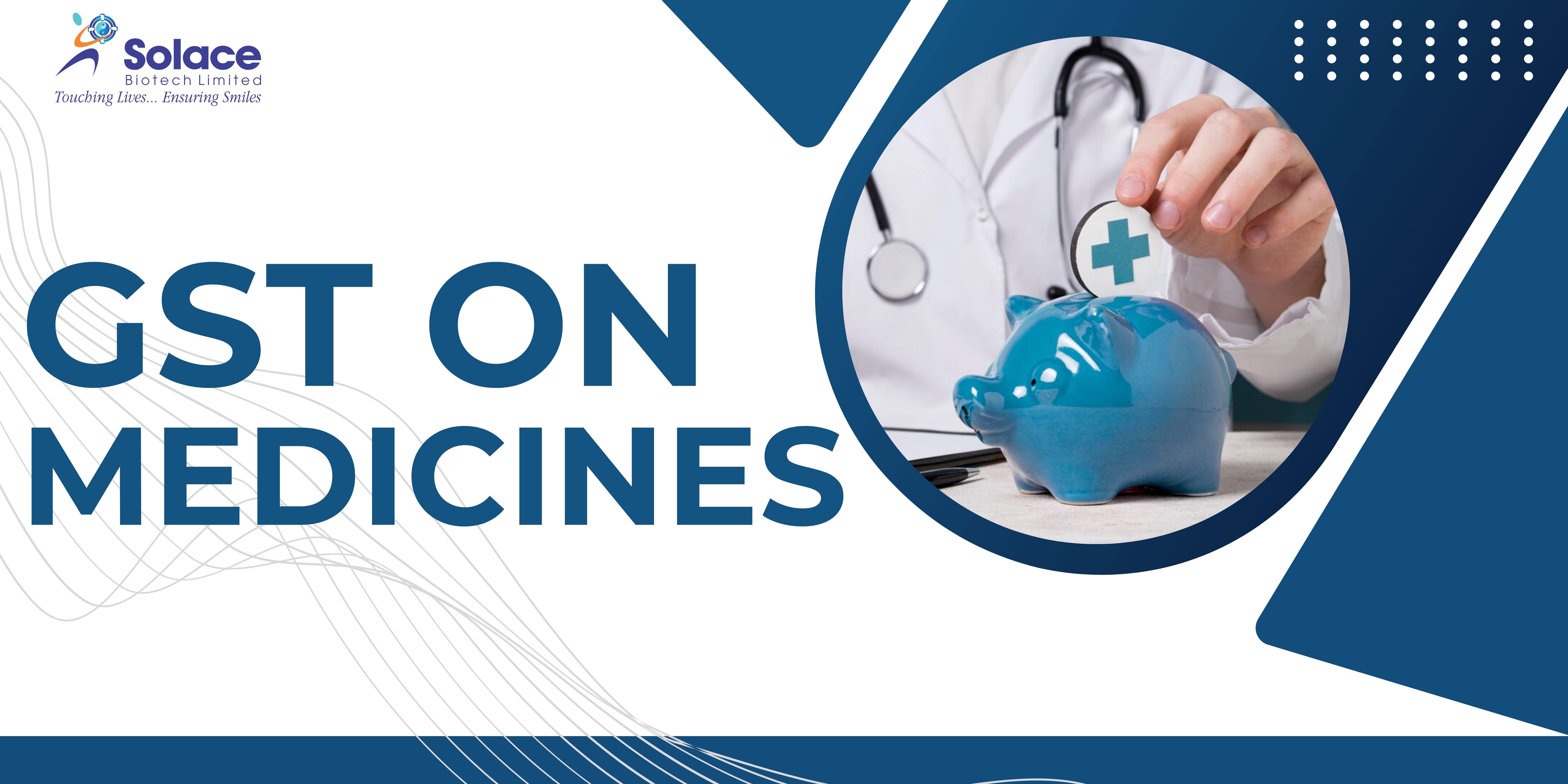
Date Time: 2023-12-09 10:21:34
GST on Medicines - The introduction of Goods and Services Tax (GST) in India revolutionized the taxation system, aiming to streamline and unify various taxes under one comprehensive umbrella. This monumental tax reform significantly impacted numerous sectors, including healthcare and pharma franchise business. Delving into the realm of medicine, the influence of GST has brought about both challenges and opportunities.
GST, as applied to medicines, has categorization implications. Before GST implementation, medications fell under different tax brackets based on their classification - some were exempted, while others incurred various state-level taxes. However, under GST, pharmaceuticals are classified into different GST rates, mainly 5% and 12%, depending on the type of drug.
The application of GST at these rates has led to a more standardized tax structure across the pharmaceutical industry. Essential medicines like insulin, antibiotics, and essential vaccines attract a lower tax rate of 5%, aiming to ensure affordability and accessibility for the general public. Meanwhile, medications classified under the 12% slab encompass a broader range of pharmaceuticals, including raw materials and formulations.
One of the significant advantages of GST implementation in the pharmaceutical sector is the reduction in cascading taxes. Earlier, the complex tax structure led to tax-on-tax scenarios, increasing the overall cost of medications. With GST, the elimination of such cascading effects has contributed to cost rationalization, potentially reducing the financial burden on end consumers.
However, challenges persist. The transition to GST demanded adaptation from pharmaceutical companies, necessitating changes in their accounting, supply chain management, and pricing strategies. This transition phase often posed challenges, especially for smaller entities in the pharmaceutical landscape.
Another aspect worth noting is the impact of GST on the distribution chain of medicines. The new tax structure brought about alterations in pricing strategies, leading to re-evaluation and restructuring of profit margins along the distribution channels. While some areas experienced a positive impact, others faced complexities in adjusting to the new pricing dynamics.
In conclusion, the implementation of GST in the pharmaceutical industry has brought about a more standardized tax structure, reducing cascading taxes and aiming to ensure accessibility to essential medicines at affordable rates. However, it has also posed challenges during the transition phase, demanding adaptation and restructuring within the sector. As the industry continues to evolve, navigating the nuances of GST on medicines remains crucial for both pharmaceutical companies and consumers.
SWOT Analysis For Pharmaceutical Industry
Drug License For Pharma Company
PCD Pharma Franchise Monopoly Basis
"Submit your query here and let us connect with you"
As a dynamic and forward-thinking company, Solace Biotech Limited combines its extensive experience, commitment to quality, and customer-centric approach to provide a diverse range of pharmaceutical & ayurvedic products that meet the highest standards of excellence.